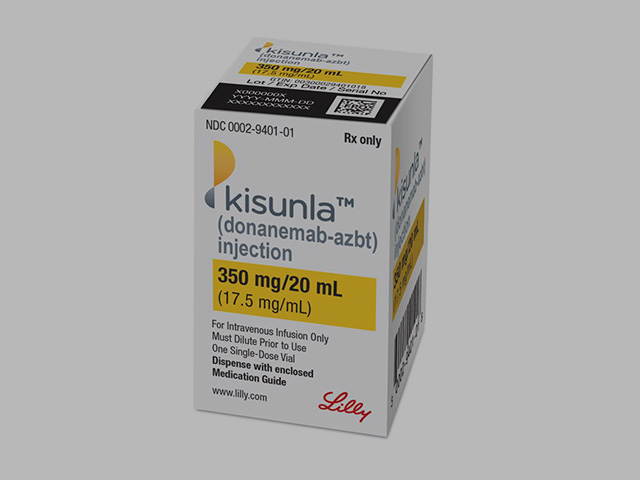In a significant milestone for Alzheimer’s disease treatment, the U.S. Food and Drug Administration (FDA) recently approved a new drug, Kisunla™ (donanemab-azbt). This approval marks a pivotal moment in the fight against Alzheimer’s, offering new hope to millions of patients and their families.
Understanding Kisunla™
Kisunla™ is designed for individuals with early symptomatic Alzheimer’s disease, including those with mild cognitive impairment (MCI) and mild dementia stages. The drug works by targeting amyloid plaques, a hallmark of Alzheimer’s pathology. It is administered intravenously every four weeks, starting with a dose of 700 mg for the first three doses and then 1400 mg thereafter (Eli Lilly and Company) (FDA).
Clinical Trial Insights
The approval of Kisunla™ is based on the results of the TRAILBLAZER-ALZ 2 study, a Phase 3, double-blind, placebo-controlled trial. The study involved 1,736 participants across eight countries, all of whom had confirmed Alzheimer’s disease neuropathology. The participants showed a significant reduction in clinical decline on several scales, including the Integrated Alzheimer’s Disease Rating Scale (iADRS), Alzheimer’s Disease Assessment Scale-Cognitive subscale (ADAS-Cog13), and the Clinical Dementia Rating Scale – Sum of Boxes (CDR-SB) (Eli Lilly and Company) (FDA).
Potential Impact and Safety Considerations
Kisunla™ represents a turning point in Alzheimer’s treatment, offering a new therapeutic option that can slow the progression of the disease. However, it is important to note that Kisunla™ can cause amyloid-related imaging abnormalities (ARIA), which are typically temporary but can sometimes be serious. Patients undergoing treatment will require regular MRI scans to monitor for these abnormalities (Alzheimer’s Society).
Conclusion
The FDA’s approval of Kisunla™ is a testament to the ongoing advancements in Alzheimer’s research and treatment. It brings new hope to those affected by this debilitating disease, offering a promising option to slow its progression and improve the quality of life for patients.
For more information, you can read the official FDA announcement here and Eli Lilly’s detailed report here.





